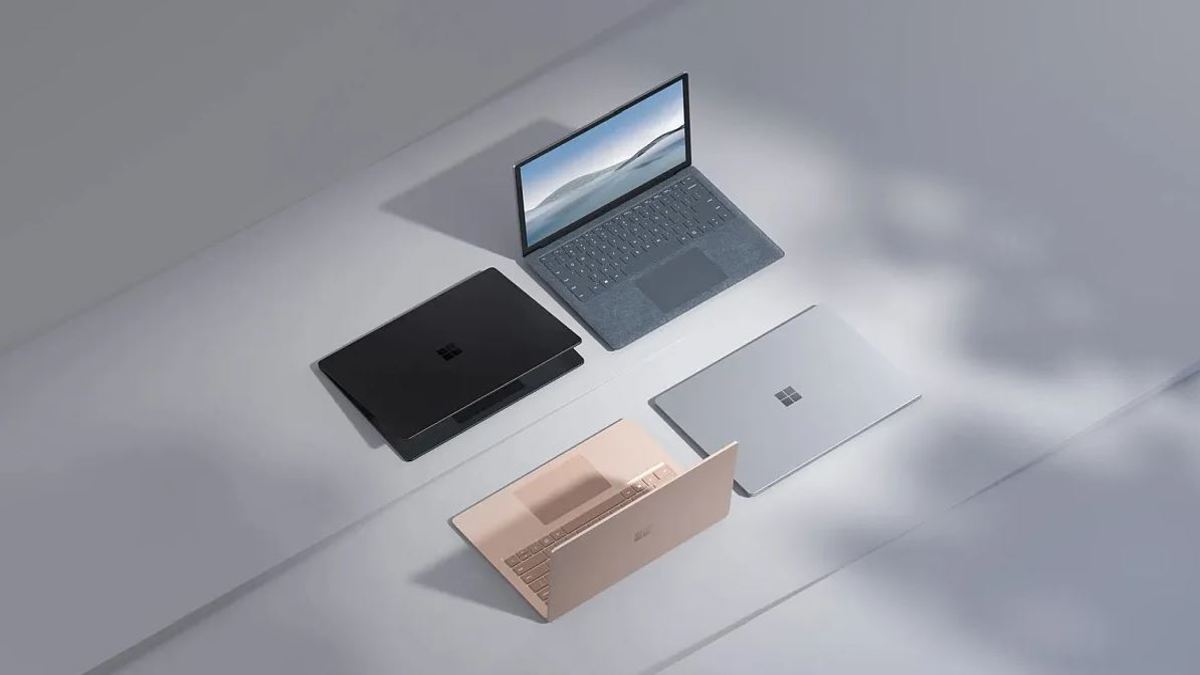The Microsoft Surface series is one of the most loved laptop series by casual and business users alike. The latest addition to the renowned series is the Microsoft Surface Laptop 4. It is powered by an AMD Ryzen Mobile Processor and is part of the Secured Core PCs.
Microsoft launched its Secured core PC initiative 3 years ago, with various laptop manufacturers such as Dell, Getac, HP, Lenovo, Acer, Asus, Panasonic, Dynabook, Panasonic, Fujitsu and Microsoft collaborating to make secure laptops so they can protect users from threats that affect the firmware.
The Microsoft Surface Laptop 4 features the Trusted Platform Module 2.0, popularly known as a TPM chip. It is backed by an AMD Ryzen Mobile Processor that features System Guard, which helps minimize the damage caused by any firmware vulnerabilities. The TPM 2.0 protects all the sensitive data as well as the critical subsystems by placing them in a sandbox.
The Secured Core PCs also come with Kernel DMA Protection already enabled which lets the system protect itself against any Direct Memory Access (DMA) attacks. The TPM 2.0 chip is also responsible for the protection of sensitive assets such as BitLocker keys.
Why is Microsoft Surface Laptop 4 emphasizing Firmware Attack protection?
In March this year, Microsoft released a Security Signals report according to which a majority of enterprise customers have come under a firmware-based attack at least once in the last two years. The company also introduced the Unified Extensible Firmware Interface (UEFI), which enables them to securely manage the firmware.
The Microsoft Surface Laptop 4 is the second Surface product offering the Secured Core joining the Surface Pro X.
